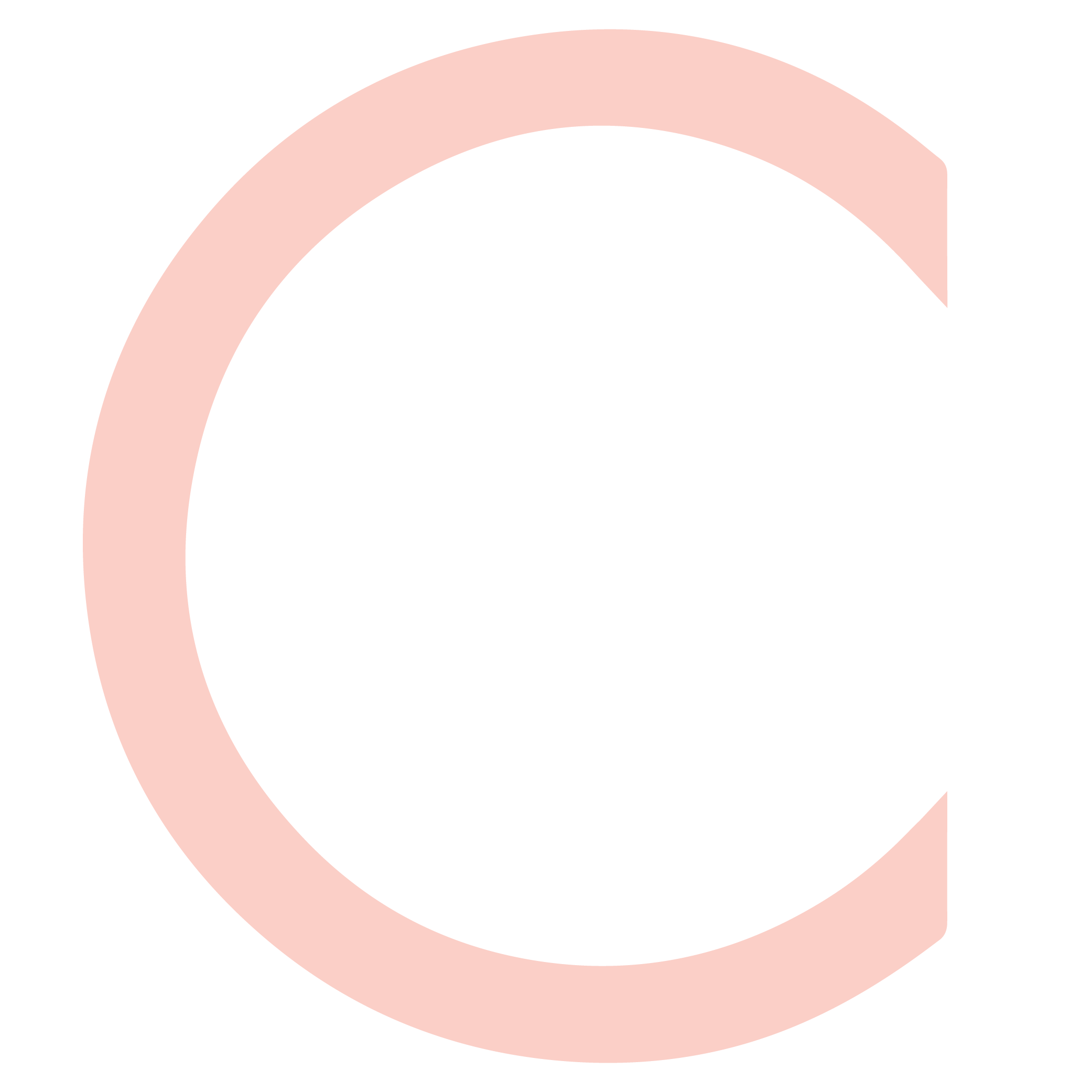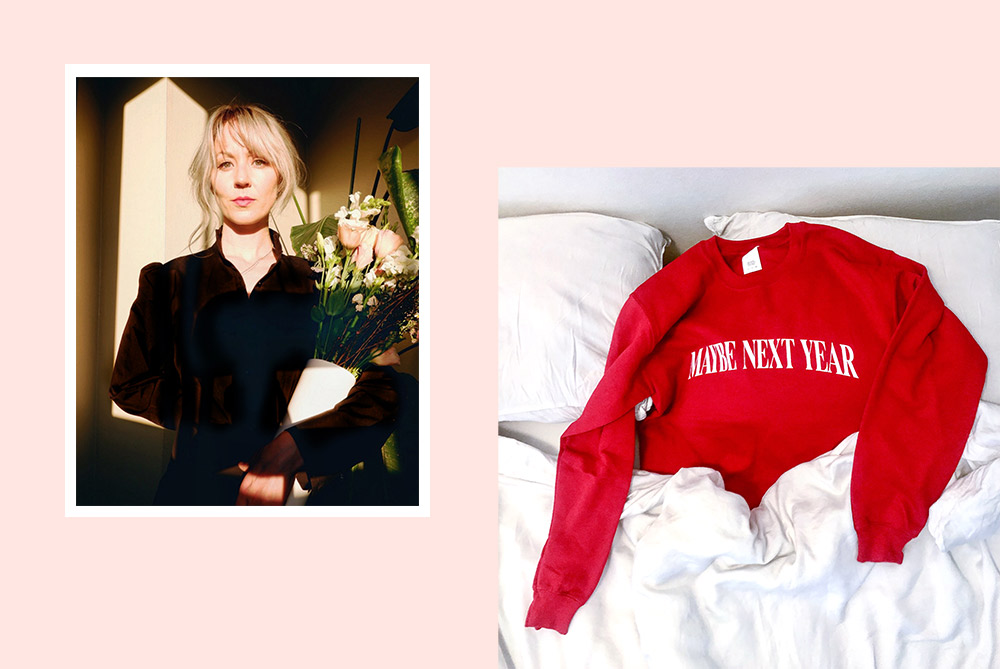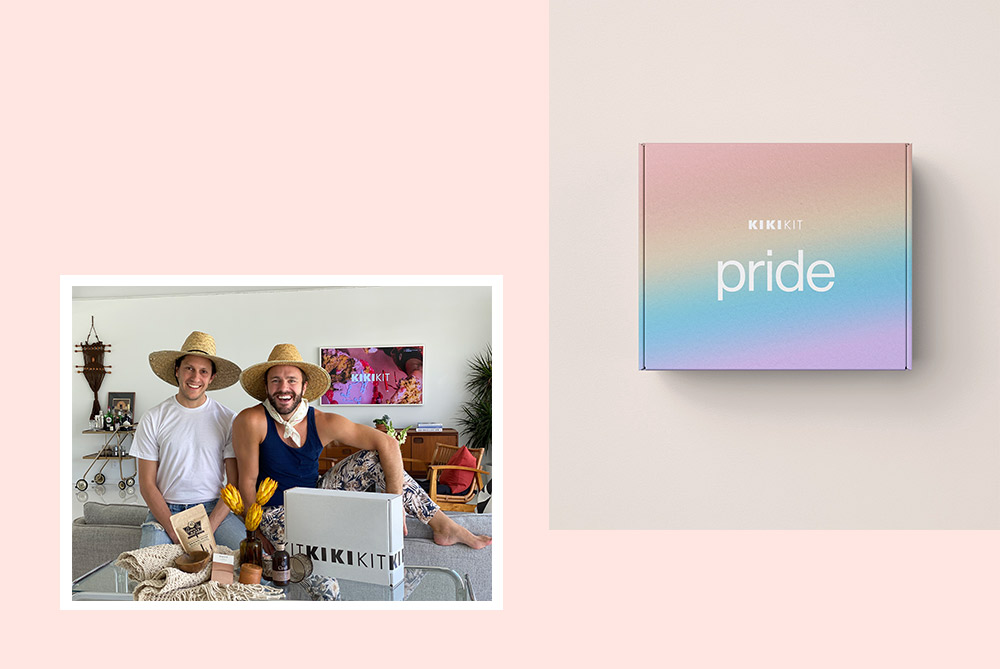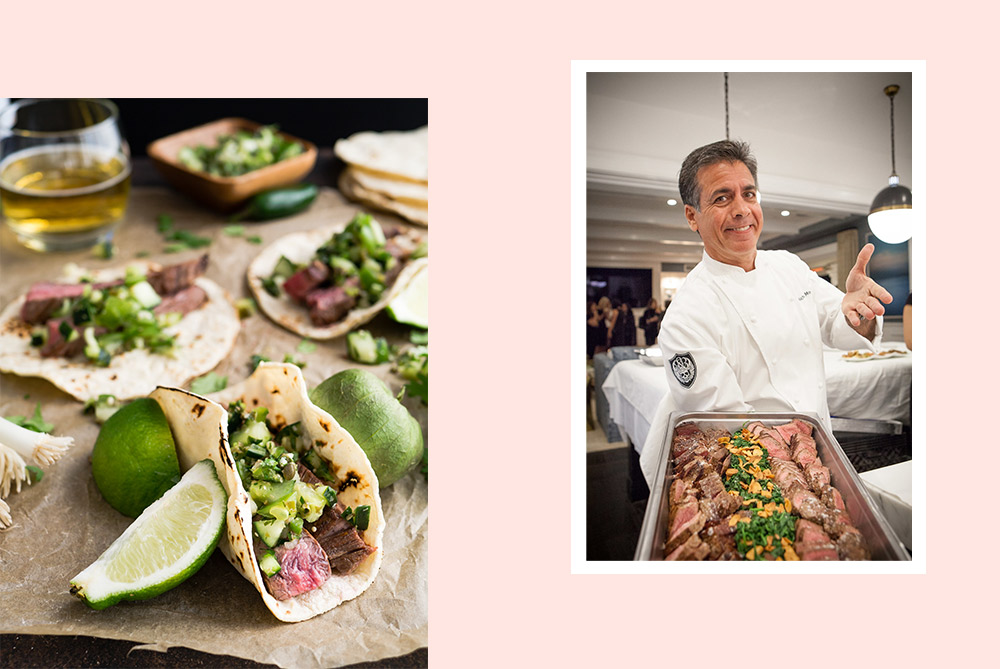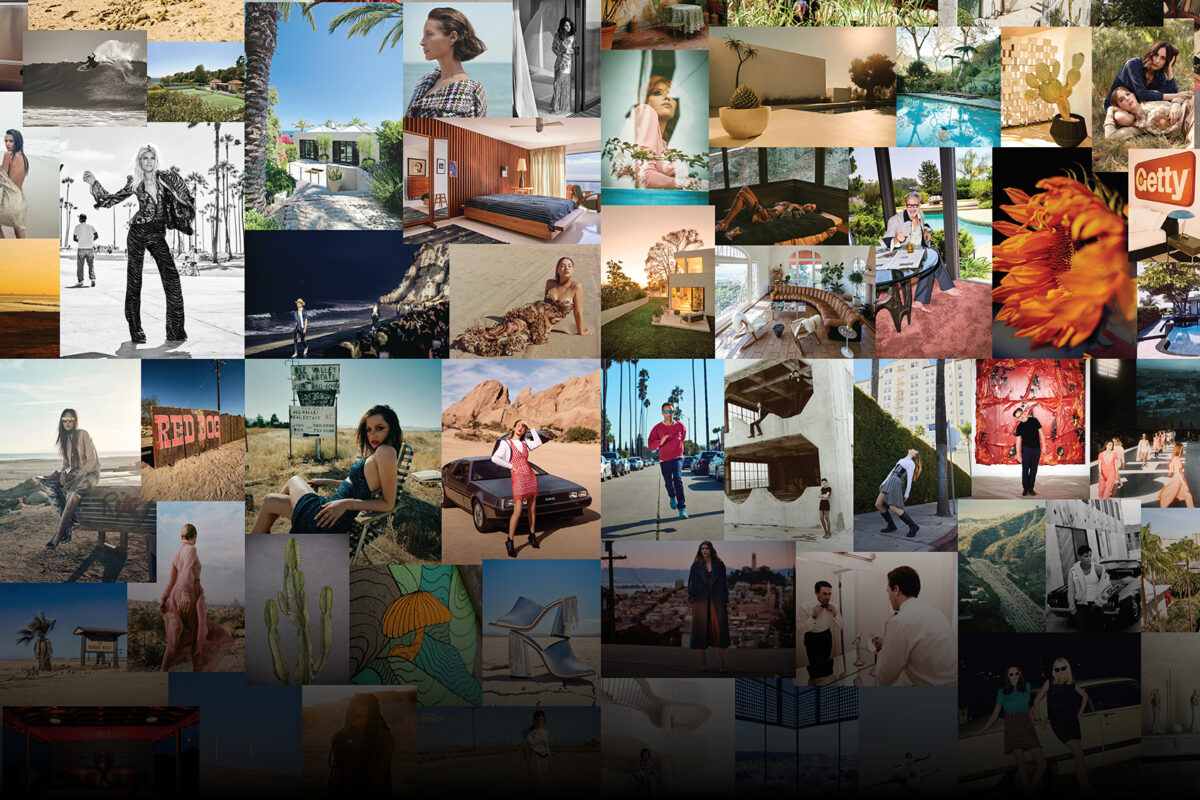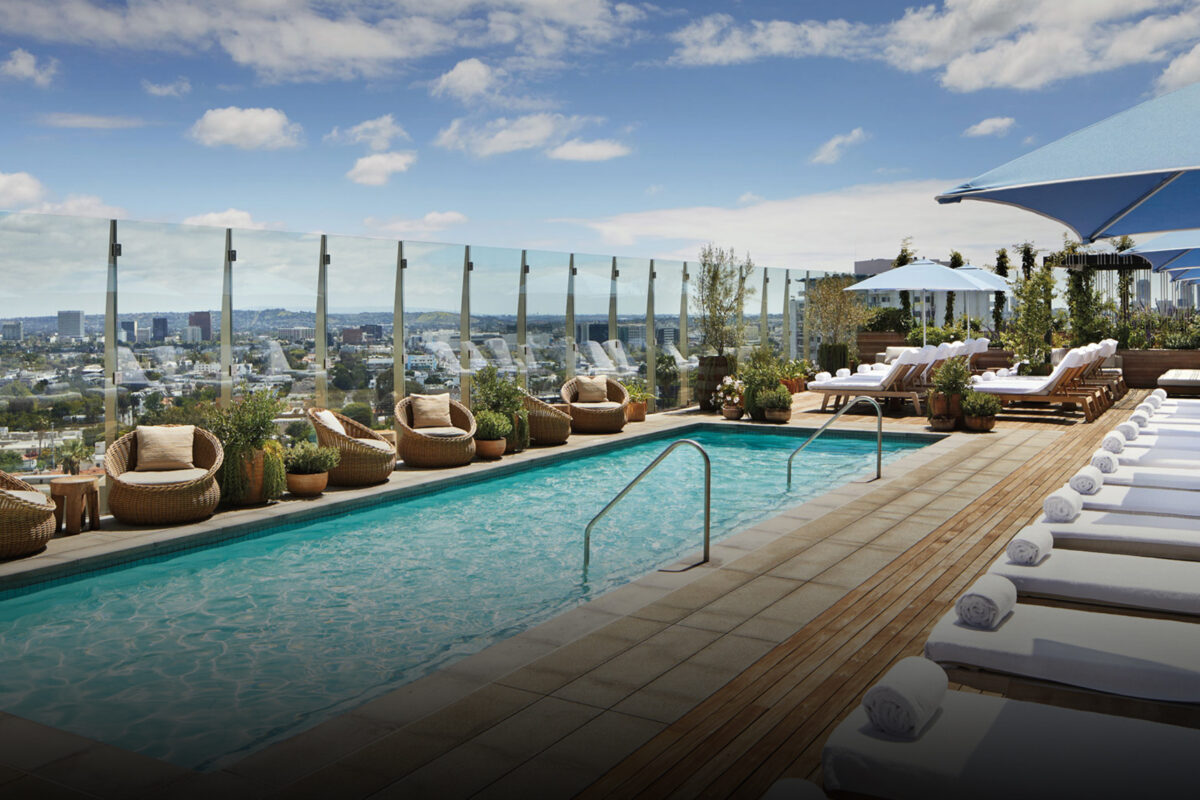Creativity often peaks during a crisis. These Californian startups were some of the quickest to spy an opportunity
Words by JAKE HEDDAUES
The novel coronavirus has changed life as we know it. Our offices remain closed, events have been postponed or, worse, canceled, and working from home and social distancing have become our new normal. In April, the state’s unemployment rate reached a record high. So far, so depressing.
But creativity can often peak in a time of crisis. Challenging global events and the constraints that follow force budding entrepreneurs to think in new and innovative ways. Uber, Airbnb and Spotify were all founded amid the shockwaves of the 2008 financial crisis and went on to become some of the success stories of the sharing and subscription economies that have defined this past decade.
The hospitality and fashion sectors have been among those most severely impacted by COVID-19. We caught up with three Californians who, in the midst of a pandemic, were able to spy an opportunity. In the last three months they’ve developed chef-made meals to transfer to homes via contactless delivery; party supplies for Zoom celebrations; and comic relief in the form of slogan sweatshirts. Because when the going gets tough, the creative get going.
• • • • •
LAURA STAFFORD, founder of MAYBE NEXT YEAR. Unisex sweatshirt, $40.
LAURA STAFFORD — MAYBE NEXT YEAR
Laura Stafford is an art director and the founder of Maybe Next Year, a line of apparel featuring humorous, timely slogans. Previously she worked for various fashion e-commerce companies, such as Verishop and Trina Turk.
How has COVID-19 affected your work-life balance?
I went from working nonstop for an e-commerce startup that had launched four brands within the last 10 months to getting laid off along with the rest of the full-time creatives. It felt like in an instant my career had imploded and there were no foreseeable job opportunities. I really felt this shift from optimization — trying to accomplish an endless to-do list — to simplicity. Which at first was torture. … I’ve never been one to sit still, so after a few days of the initial shock to my routine and some very long conversations with friends trying to make sense of the situation, I found myself taking on little creative projects to keep busy and give myself a creative outlet.
What were your biggest challenges during the first few weeks of sheltering in place?
The shift in pace of go, go, go to a standstill was awful. Los Angeles isn’t a city you live in to just stay home. Once I’d come up with the idea to make a small batch of sweatshirts, the challenge shifted to how the hell to pull it off.
When did you have the idea for your business pivot?
“Maybe next year” started as a response to the headache of canceling everything you’d been looking forward to. I thought: That really sums it all up. Obviously, there was a lot more devastation that came with the pandemic, but there was some sarcasm, optimism and comic relief in the phrase. I told my friends that [the phrase] belonged on a sweatshirt, and they all laughed and said they’d buy it.
“Things are changing on a day-to-day basis, and I’m constantly calculating how to adapt for both supply and demand”
LAURA STAFFORD
What were the first steps you took to make this happen?
Manufacturing product is traditionally such a slow process that requires so much outsourcing. So I had to find local supply chains and simplify and adapt my idea into something I could actually execute. Having worked in e-commerce for so long, [I] don’t want to create more garbage in the world. I feel like things have shifted toward more sustainable practices and I’ve tried to be very thoughtful in what I’m creating.
How has the response been to your offering?
I was shocked at how quickly the first batch resonated. It sold out within an hour of me posting it on Instagram. Friends and strangers have continually reached out, buying them for brides who’ve had to postpone their weddings, friends who’ve lost their jobs, and themselves. I was living in mine and getting a ton of comments from complete strangers while I was walking the dog. I think because face masks have really limited our ability to emote, the Maybe Next Year sweatshirt offered a little comic relief when leaving the house.
As the state begins to reopen, how do you plan to ramp things up?
I’m really excited from a production standpoint. It’s going to be a lot quicker for me to turn around product with local vendors. I recently expanded into embroidered dad caps — I think everyone is sick of their roots and bad at-home haircuts.
What are the biggest challenges that lie ahead for your business?
Staying relevant. Things are changing on a day-to-day basis, and I’m constantly calculating how to adapt for both supply and demand. But so far things have been really organic. I’ve seen a lot of traction just through social media. I haven’t had to run a single ad. I have a creative sequel for a larger product offering in the works. I’m just trying to read the room as the situation evolves.
Where do you see your business in two years?
My goal for the future is to stay nimble and keep momentum with what I’ve created. Having spent so much time helping other people build their e-commerce businesses, it’s refreshing to finally do it for myself. It’s been a lovely surprise that my creative project has turned into a business of my own amid the uncertainty of a pandemic
• • • • •
ROBBIE ZWEIG and JARED REICHERT, founders of KIKI KIT. The Pride kit, $95.
JARED REICHERT — KIKI KIT
Jared Reichert is the co-founder of Kiki Kit, a company that offers curated party boxes for virtual events. Reichert formerly spent a decade at Tom Ford and Gucci, and has his own global events business.
How has COVID-19 affected your work-life balance?
Prior to COVD-19, I was on the road, traveling from city to city, client to client, event to event roughly 70 to 75 percent of the time. I literally kept shoes in my oven because I was never at home long enough to purchase groceries and cook. When New York announced “shelter in place” [orders] I was on a business trip in Miami. Instead of going home to New York City, I traveled to my investment property in Palm Springs. Suddenly, I was in one place, in a home I had spent no more than a week’s time at, with no return ticket. I suddenly became a Californian.
What were your biggest challenges during the first few weeks of sheltering in place?
The biggest challenge was finding my new work-life balance. I’m a solid eight-hours-a-night sleeper and am up daily at 5:30 a.m. Once my workout is complete and I am dressed and ready to conquer the day, it’s 7:00 a.m. For the first time in my life, I had to ask myself, “So now what?” I was suddenly faced with the new reality of what my career would look like going forward, in a new city, new state and without my regular support network. This would be overwhelming for anyone, and I won’t lie, it almost got me. However, my greatest gift is my optimism. I could sense something was brewing, but I didn’t know exactly what it was.
When did you have the idea for your business pivot?
Almost immediately upon settling into my new so-called-temporary quarantine life, it became apparent that the social events landscape had dramatically changed. The year’s entire calendar had been postponed, leaving an immediate void. On one of our routine morning hikes, my business and isolation partner, Robbie, turned to me and asked bluntly, “What’s a party planner to do?” We had spent the first few weeks of quarantine designing and assembling elegant evenings at home, inviting different guests to join our nightly dinner parties (virtually, of course). We had, effectively, redefined the idea of a gathering while bringing some much needed levity and joy to our friends and family across the globe. We quickly realized that this was something we could help others do and as if by fate, the previously identified void quickly revealed itself as an opportunity — the Kiki Kit was born.
“Despite the current environment, people still want to celebrate life’s precious moments and find ways to bring joy to their days”
JARED REICHERT
How has the response been?
In the first week of our launch, the L.A. Times got wind of the concept, the following week we were featured in Bloomberg Business Week, then The New York Times. We sold out of our predesigned kits within the first week and were receiving a dozen emails a day for custom Kiki Kit requests. We thought it would slow down, but it hasn’t. Despite the current environment, people still want to celebrate life’s precious moments and find ways to bring joy to their days.
As the state begins to reopen, how do you plan to ramp things up?
In The Kiki Kit’s short life, we’ve learned that virtual events are not disappearing. Life events, galas, even easy cocktails among friends — the screen now brings us together. Both our predesigned kits and our ever-growing custom program will continue to evolve along with the world around us, allowing The Kiki Kit to continue to help people make each of these events even more special.
What are the biggest challenges that lie ahead for your business?
The opportunities with Kiki Kit are virtually endless. Of course, this can be both a blessing and a curse. Our task now is to identify those which are most interesting to us and viable in an ever-changing social environment.
Where do you see your business in two years?
We see big things for Kiki Kit, both inside and outside the virtual event space. From retail partners to custom gifting and bespoke at-home experiences, Kiki Kit will be a highly visible brand, touching people’s lives on and off screen. Bringing people together is fundamental to our cause, and we will continue to think inside the box to define and redefine how this is achieved.
• • • • •
Steak tacos; photo by Christine Siracusa/Unsplash. MICHAEL MONTILLA, chef and founder of MONTILLA MEALS.
MICHAEL MONTILLA — MONTILLA MEALS
Michael Montilla is a chef and the founder of Montilla Meals, a recently launched meal-delivery service with a revolving menu that features dishes ranging from pan-seared branzino to chicken Parmesan. He owns a boutique catering and events company, Michael Montilla Exquisite Events, and has worked as a chef at Spago in Los Angeles.
How has COVID-19 affected your work-life balance?
It actually has not affected me — all to the contrary, it has enabled me to get creative to start a new business, Montilla Meals, and it has kept me busy seven days a week.
What were your biggest challenges during the first few weeks of sheltering in place?
The biggest challenges for me personally were getting all the logistics in order. Getting set up with vendors, procuring the high-quality ingredients (in bulk), assuming there would be shortages. Our website was up and running 30 hours after my initial interest and conversations regarding the launch of Montilla Meals. In the end, it all worked out.
When did you have the idea for your business pivot, and what were the first steps you took to make it happen?
The idea came to me on Sunday, March 15, just a few days before the shutdown, when my brother-in-law lost all his business due to COVID-19. He owned a valet/parking service that serves some high-end restaurants and they all shuttered. He had no backup plan (driving for Uber was also not an option) and to boot, a child to support. My initial conversation with him was, we can both help each other, as we both have some great talents. He is a marketing genius and has some knowledge of how to get a business up and running quickly. My initial intentions on launching this business was to help him first.
“The biggest challenges for me were getting all the logistics in order, but our website was up and running 30 hours after my initial conversations”
MICHAEL MONTILLA
How has the response been?
The response has been overwhelming, but manageable. We had articles written up on Eater Los Angeles and received positive compliments from Nancy Silverton and Phil Rosenthal after sampling our food. We have been changing things up a few times per month and remaining relevant, as we offered special menus for the previous holidays during the shutdown.
As the state begins to reopen, how do you plan to ramp things up?
I believe that by refreshing the menu bimonthly, we’re able to keep things fresh for our customer base. Our business model allows us to be unique. We listen to our clients feedback and accommodate them with any reasonable special request. We employ our own fleet of drivers who work exclusively for us. Our no-contact delivery and sanitary practices separate us from the other food delivery companies. Our ordering platform allows you to order and tip, ensuring zero interaction with the customer. Our clients will see the same familiar faces each time; the clean vehicles and the experience of the food delivery is paramount. We believe that the greatest compliment anyone can give us is repeat business.
Where do you see your business in two years?
As of the moment, our deliveries are on Mondays, Wednesdays and Fridays. We deliver within a 20-mile radius of West Hollywood. I would like to see us do deliveries five days a week, introduce a lunch menu and focus on a unique marketing campaign with a strong social media presence. My hope is to see that happen and that the in-home dining concept becomes more of an elevated to-go experience.
Feature image: The KIKI KIT Rocktail box, $135.
June 23, 2020
Discover more CULTURE news.
